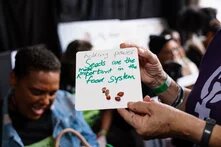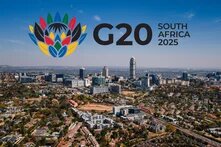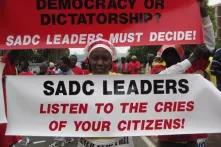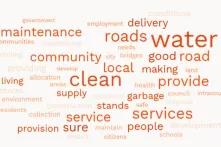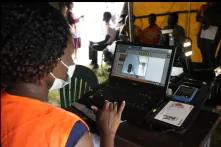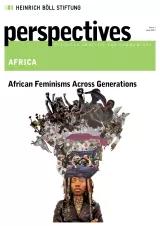International Dialogue & African Perspectives
Articles
More articles about International Dialogue & African Perspectives (97)
Publications
More publications about International Dialogue & African Perspectives (25)
More pages about International Dialogue & African Perspectives
© Heinrich-Böll-Stiftung e.V.
Schumannstraße 8
10117 Berlin
T +49 (30) 285 34-0
F +49 (30) 285 34-109
www.boell.de
info@boell.de

